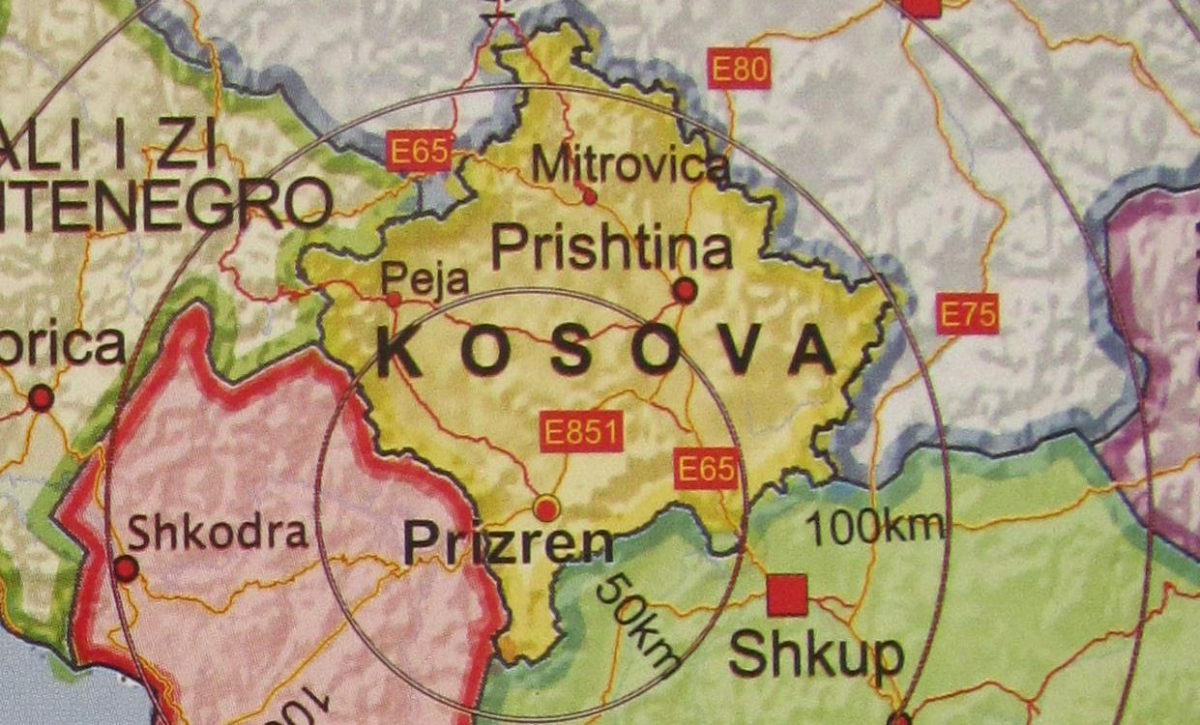NATO is leading a multinational peacekeeping force in Kosovo called KFOR, which is contributing to the normalisation of the situation in the province. As its name states, Serbia and Montenegro is composed of Serbia and Montenegro. Violence broke out in Kosovo in 1998 when Milosevic’s regime in Belgrade started to oppress the Albanian population living in the province.

From the outset of the conflict, NATO’s goal has been to contribute to international efforts to stop the humanitarian crisis, to end violence and promote a lasting political settlement in Kosovo. NATO conducted an air campaign against the Serb government authorities and military and paramilitary forces in 1999 to put an end to ethnic violence in the province and safeguard the human and civil rights of all its inhabitants, including Serbs. Since June 1999, it has deployed KFOR, which is helping to ensure a safe environment so that effective democratic institutions can be established. It is also helping in the reconstruction of the province and generally contributing to peace and stability in the country, and by the same token, in neighbouring countries.
Chronology
Spring 1998: Open conflict broke out in Kosovo following a decade of tension between the Serb regime and Kosovar Albanians, threatening to destabilise the whole of South Eastern Europe. Tension started as soon as Belgrade removed Kosovo’s autonomy in 1989, imposing direct control over the province.
May-June 1998: NATO countries set out aims for a peaceful resolution of the conflict and assessed options.
October 1998: NATO prepared for air strikes in support of UN calls for a cease-fire, while diplomatic efforts were engaged to end the violence. President Milosevic accepted limitations on military activities and UN Security Council Resolution 1203 established a Kosovo Verification Mission led by the Organisation for Security and Cooperation in Europe (OSCE) and a NATO-led aerial surveillance mission to observe compliance on the ground.
January-March 1999: Renewed violence led to the Rambouillet negotiations, led by a six-nation Contact Group (France, Germany, Italy, Russia, the United Kingdom and the United States) on the former Yugoslavia. However, the negotiations ended without obtaining agreement from the Serb authorities and the situation worsened to the extent that the OSCE Kosovo Verification Mission was obliged to leave the province.
March-June 1999: Despite the international community’s efforts, Belgrade continued its oppression, ethnic cleansing and violence against the Kosovar Albanians, who started fleeing the province in large numbers. With the growing humanitarian crisis, NATO engaged in military action to end the conflict. The NATO air campaign – Operation Allied Force – lasted 78 days and brought an end to hostilities.
June 1999: On 12 June, a NATO-led peacekeeping force (KFOR) was deployed in Kosovo under a United Nations (UN) mandate and by 20 June, the withdrawal of the Serbian security forces from Kosovo was complete.
By deterring renewed hostilities and establishing a secure environment, KFOR is allowing the return of refugees, the reconstruction of the province and the development of democratic institutions. For instance, it has assisted local authorities and the Organisation for Security and Cooperation in Europe by providing the security needed to enable elections to take place. In the meantime, President Milosevic has been arrested for crimes against humanity and is being tried at the International Criminal Tribunal for the former Yugoslavia at The Hague.
KFOR troops are still present in the province and will remain for as long as necessary.